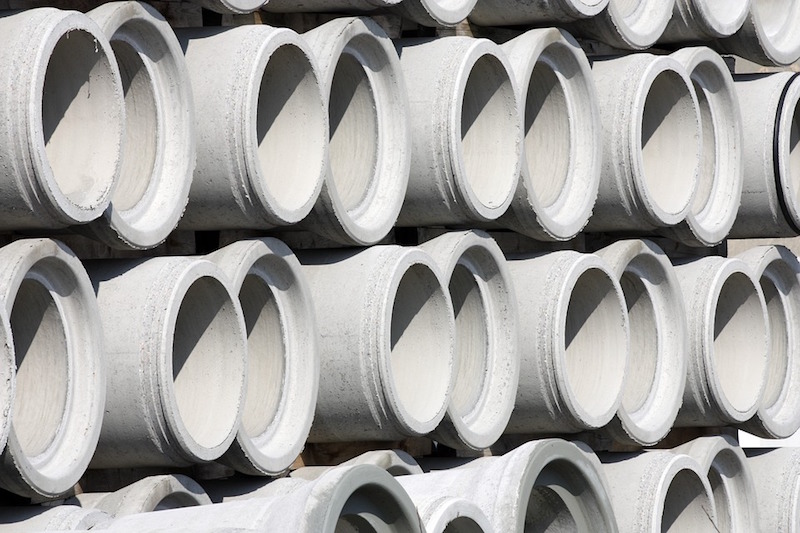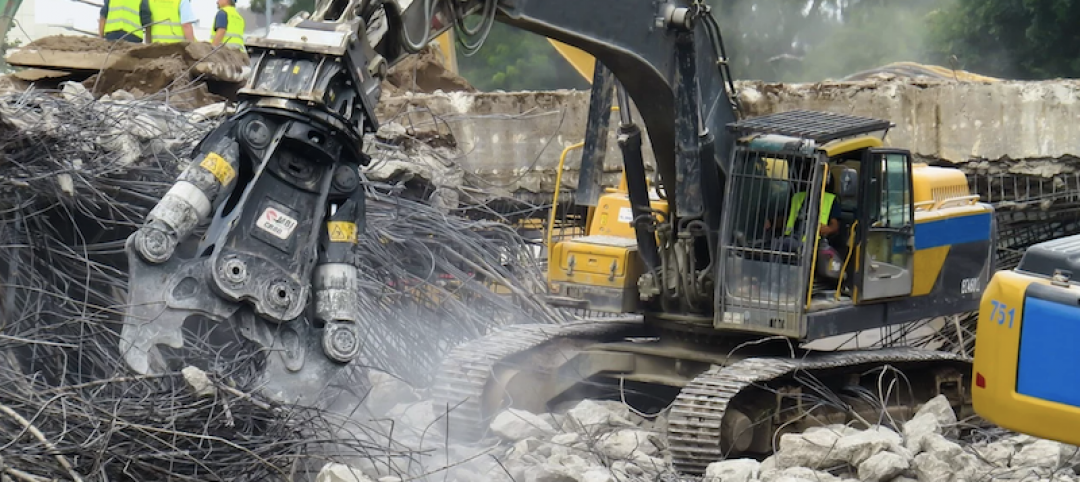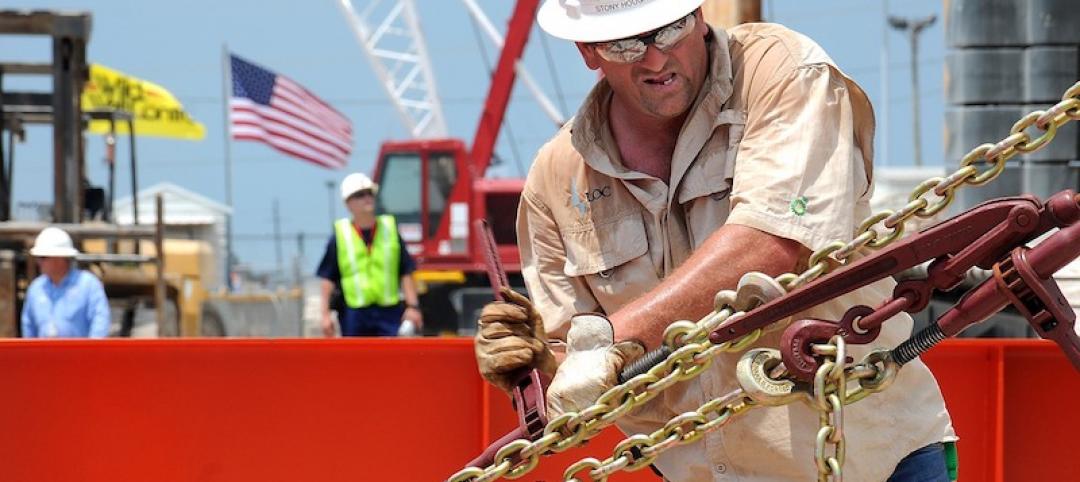Concrete is a time-tested construction standby, but the production of the key ingredient, cement, creates a massive amount of CO2 emissions.
Cement manufacturers in recent years have begun to offset cement's high electric and coal-fired consumption with other, bio-based sources. Plants are using from 5% to 20% alternative fuels, for example.
Some cement makers are innovating production to make it more sustainable. For instance, Calera has developed a process to collect 50% of the CO2 emissions from the cement-production process and use it to produce a new type of cement.
Some manufacturers have replaced some of the limestone in the cement mix with supplementary cementitious materials such as fly ash produced from burning coal and unheated limestone. Reducing the amount of heated limestone in the cement reduces the amount of energy needed in production.
Related Stories
Codes and Standards | Dec 12, 2019
Coalition calls for consistent building data disclosure regulations in Canada
Major real estate firms are driving the effort.
Codes and Standards | Dec 10, 2019
Utilities rolling out more grid-interactive efficient building programs
Focus is on energy savings and demand flexibility.
Codes and Standards | Dec 9, 2019
Canada’s Zero Carbon Building Standard reports first 10 certifications
Projects include new and existing offices, schools, and warehouses.
Codes and Standards | Dec 6, 2019
New research examines flood mitigation policies in the U.S.
Thirteen states or cities have adopted effective measures; some restricting development in vulnerable areas.
Codes and Standards | Dec 5, 2019
USGBC unveils vision for LEED Positive
Roadmap will lay foundation for a future LEED that is regenerative.
Codes and Standards | Dec 5, 2019
Report shows reducing embodied carbon can save money and help mitigate climate change
Embodied carbon now accounts for 11% of global greenhouse gas emissions.
Codes and Standards | Dec 5, 2019
Dubai, London and New York are 2019’s ‘Construction Mega Cities’
From 2007 to 2025, GlobalData expects the cities’ combined gross domestic product (GDP) to increase by more than US$8 trillion to US$20.4 trillion.
Codes and Standards | Dec 2, 2019
New GBCI certification recognizes expertise in sustainability
Provides third-party verification of competency to ‘making the world more economically, socially, and environmentally sustainable.’
Codes and Standards | Dec 2, 2019
New tool allows users to learn how to reduce embodied carbon
Calculator delivers first digitized EPDs.
Codes and Standards | Dec 2, 2019
Trade group challenges St. Petersburg, Fla., ordinance on construction contract mandates
Legality of requirement to hire apprentices, disadvantaged workers at issue.

















